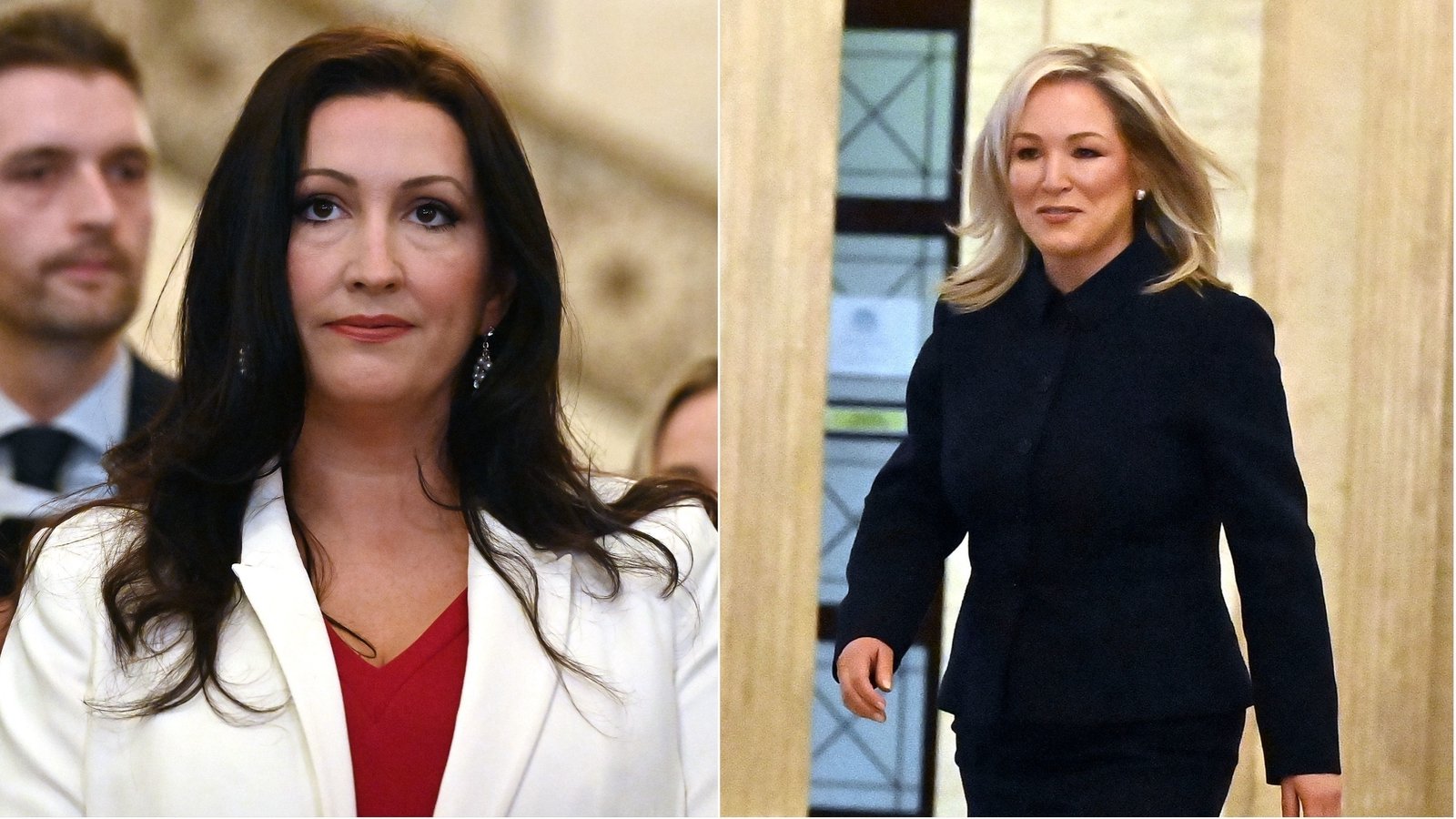Newspapers ‘one libel action from doom’, cttee told


Independent news publications could be “one libel action away from doom” if the defamation laws in Ireland are not reformed, an Oireachtas committee has heard.
Dave O’Connell, editor of The Connaught Tribune and a member of Local Ireland, which represents 33 publishers, was addressing the Joint Committee on Media.
“The current legislation on defamation is not fit for purpose,” Mr O’Connell said. “It’s the legal fees that are killing us.”
“One half decent action without any malicious intent could close us down,” he warned, adding that the publication could be “one libel action away from doom”.
Following a review of the Defamation Act (2009), and publication of a Draft General Scheme last summer, in the coming weeks Minister for Justice Helen McEntee is expected to present a bill to Cabinet to update the legislation.
Daniel McConnell, the editor of the Business Post, spoke on behalf of NewsBrands Ireland which represents the country’s national newspapers.
“The Irish media faces, almost on a daily basis, unwarranted and exaggerated claims for defamation,” he said.
The costs of the cases, even when successfully defended, are often not recovered.
‘Serious harm test’
The risk to Ireland of SLAAPs (strategic lawsuits against public participation) and libel tourism could both be tackled if a ‘serious harm’ test was introduced, Mr McConnell said, noting that the test has had a major impact in the UK.
Such a test would assess whether a claimant’s reputation had suffered serious harm as a result of publication and has been recommended by the Justice Committee.
It would also deter “the nuisance claimant”, he added.
Seamus Dooley, Secretary General of the National Union of Journalists (NUJ), also advocated that such a threshold be established.
He referred to the defamation case taken by Sinn Féin MLA Gerry Kelly against the journalist Dr Malachi O’Doherty, and which the Belfast High Court deemed to be “scandalous, frivolous and vexatious”.
“The case was identified as being characteristic of SLAAPs,” Mr Dooley told the committee.
The way in which Mr O’Doherty described how “his house and his professional credibility” were placed at risk as a result of the case “resonated with many journalists”, he said.
Susan McKay, the Press Ombudsman, urged politicians to “use our alternative redress system” which is free of charge.
“By doing so they will acknowledge their respect for democracy,” she added.





